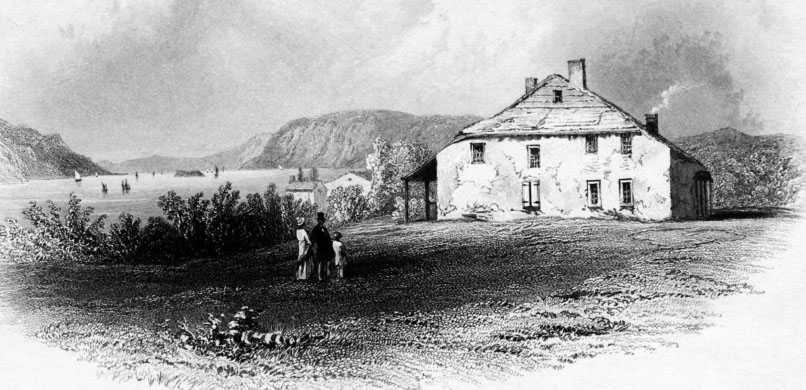Exploring American Histories: Printed Page 195
Exploring American Histories, Value Edition: Printed Page 165
Officers Threaten Mutiny
As the American Revolution ground to an end, issues of military pay and government finances sparked conflict. Uprisings by ordinary soldiers were common but successfully put down. Threats by Continental officers, however, posed a greater problem. In March 1783, some five hundred officers were still encamped at Newburgh, New York. Many officers came from wealthy families and had served without pay during the war. In 1780 they had extracted a promise from the Continental Congress for half pay for life but had received no compensation since.
Some confederation leaders were sympathetic to the officers’ plight and hoped to use pressure from this formidable group to enhance the powers of the congress. Hamilton was among the leaders pressing state governments to grant the confederation congress a new duty of 5 percent on imported goods. The federal government would thereby gain an independent source of revenue by which it could begin paying off its debts and ensure the loyalty of wealthy Americans who had helped finance the war. Perhaps the actions of the officers at Newburgh could convince states like New York to agree to the collection of this import duty.
Quietly encouraged by these supporters, dissident officers circulated petitions that included veiled threats of a military takeover. When the officers met on March 15, however, they were confronted by General George Washington, who urged the officers to respect civilian control of the government and to allow the fragile U.S. government time to prove itself. Most of the Newburgh officers quickly retreated from the “infamous propositions” circulated earlier. At the same time, congressional leaders, fearing a mutiny, promised the officers full pay for five years. Within weeks, news arrived that a peace treaty was near completion in Paris, and over the next three months the officers headed home.
